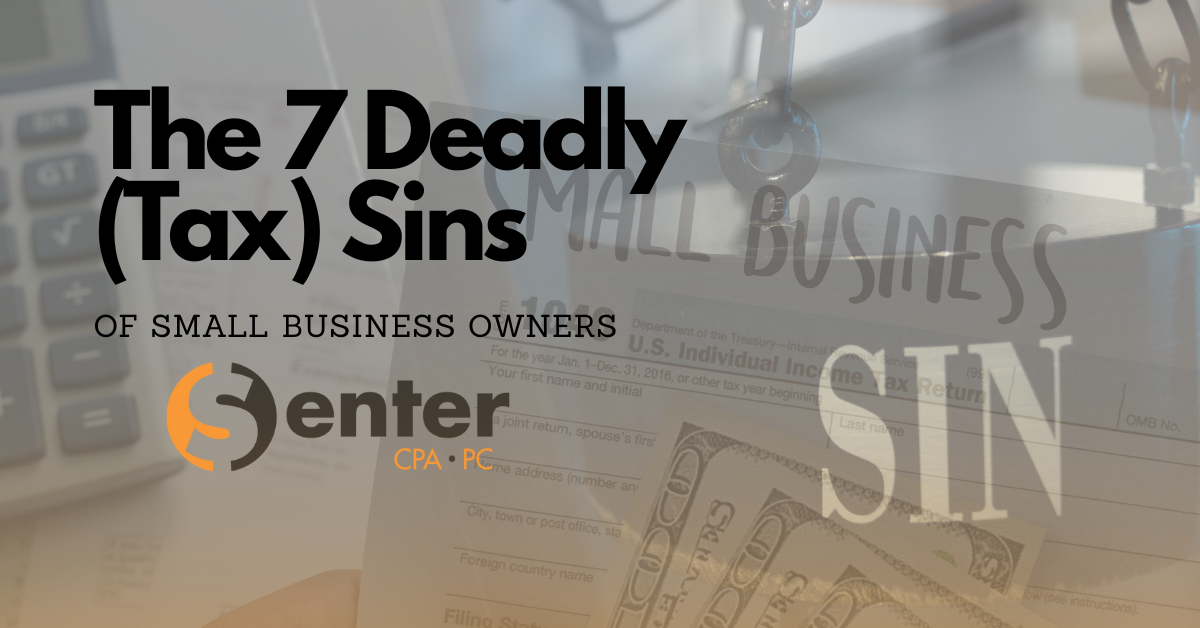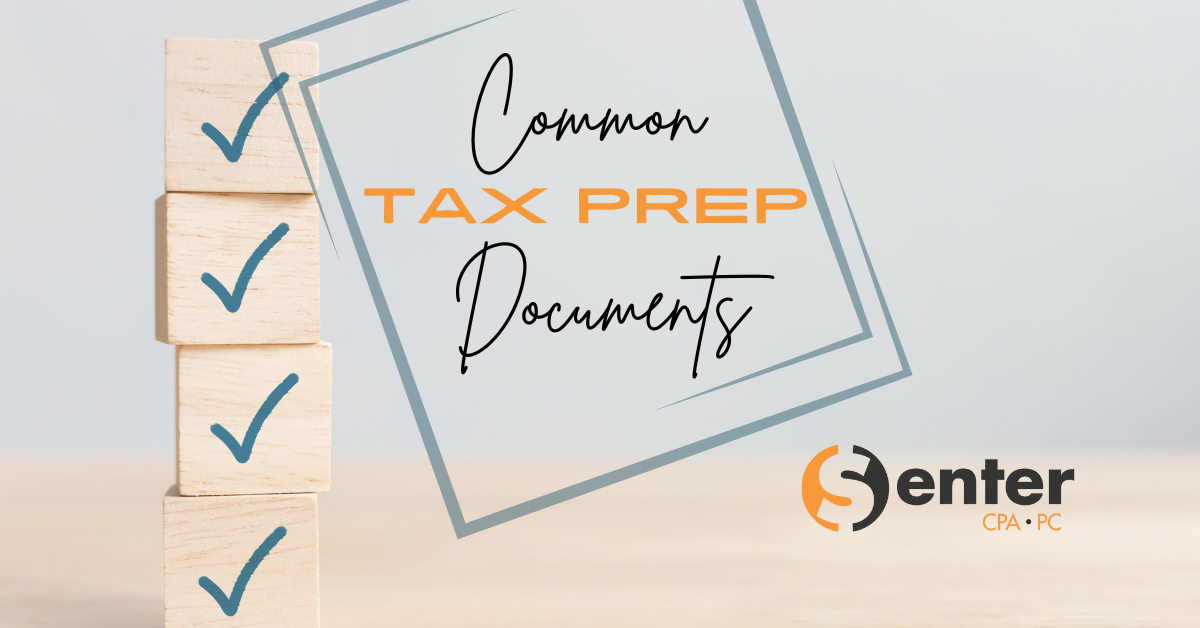Have you ever paid an IRS penalty or feel like you’ve accumulated too many penalty notices from the IRS? If so, it’s possible we can help alleviate the pain. Let’s review a couple of ways to reduce, remove or abate some of those penalties.
There are many forms of penalties, such as failure-to-file (FTF), failure-to-pay (FTP) and failure-to-deposit (FTD). The good news is that there are remedies to minimize penalties, such as reasonable cause, first-time penalty abatement and statutory exemptions.
Reasonable cause typically exists for valid reasons such as fire, casualty, natural disaster or other disturbances. Also included is the inability to obtain records, death, serious illness, incapacitation or unavoidable absence.
Other reasons may exist that establish ordinary business care and prudence to meet Federal tax obligations, but you were somehow unable to meet those obligations.
The Facts Required to Substantiate Reasonable Cause:
- What disturbance occurred?
- When did it happen?
- Facts and circumstance to support your request
- How the facts and circumstances effected non-compliance
- Actions taken to correct issues moving forward
Any documents or records available to support the request would aide in a favorable result.
IRS First-Time Penalty Abatement (FTA)
The FTA is an administrative waiver provided by the IRS available to both individuals and businesses to relieve taxpayers from the FTF, FTP and FTD penalties. This waiver is an effort by the IRS to reward those with a clean record.
To qualify for the FTA you MUST have:
- Filed or extended all required returns and no outstanding request from the IRS
- Paid or made arrangements to pay any tax due and
- Have no prior penalties for the proceeding three years
A statutory exemption can be requested when you relied on erroneous written advice provided by the IRS.
Other Considerations
Abatment requests can be made by phone or mailed correspondence; the details of the penalty can be found on the letter issued to you by the IRS. Make sure you have the taxpayer name, tax identification number, tax year, tax form and type of penalty, as well as any other relevant information accessible when speaking with the IRS.
In the event you are requesting a refund for previously paid penalties, use Form 843.
Interest relief is available only on the interest charged on the penalty reduced or removed. Any interest on late payment or unpaid amounts will stand or continue to accrue.
If the IRS rejected a previous request to remove penalties, you may be able to request an appeals conference or hearing, additional information can be found HERE.
If you need assistance with penalty notices, please reach out to us HERE or give us a call 248-934-0550. We’d be glad to help!














